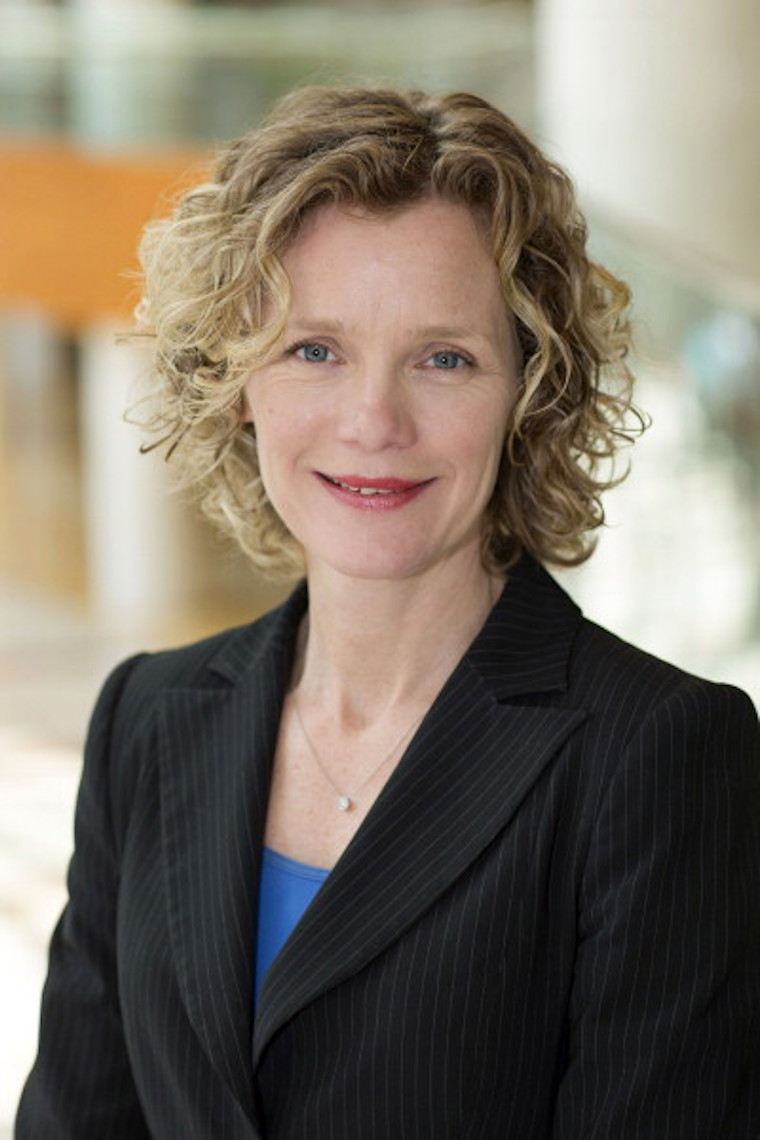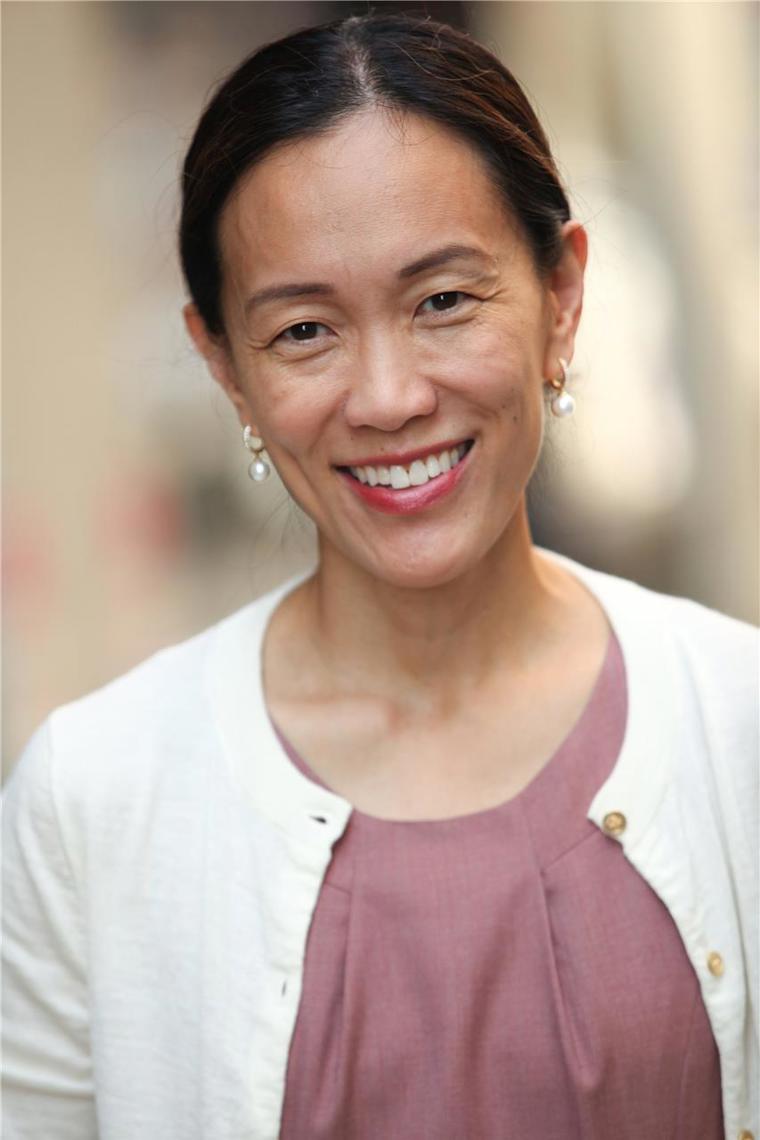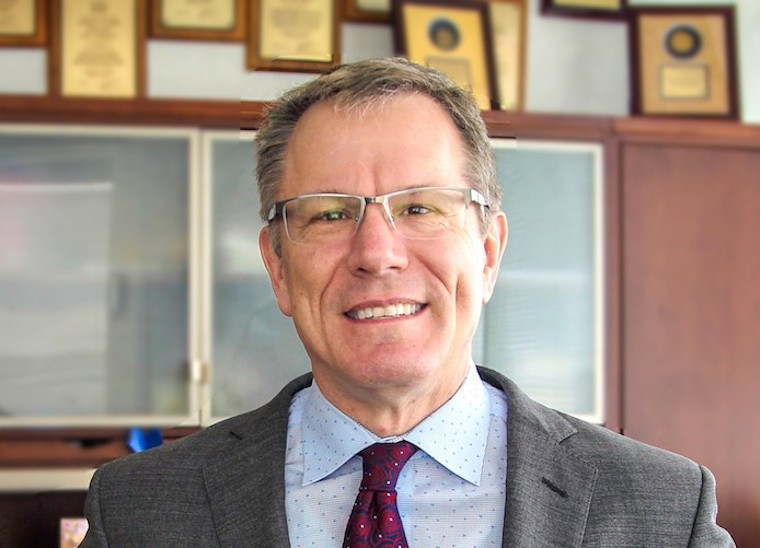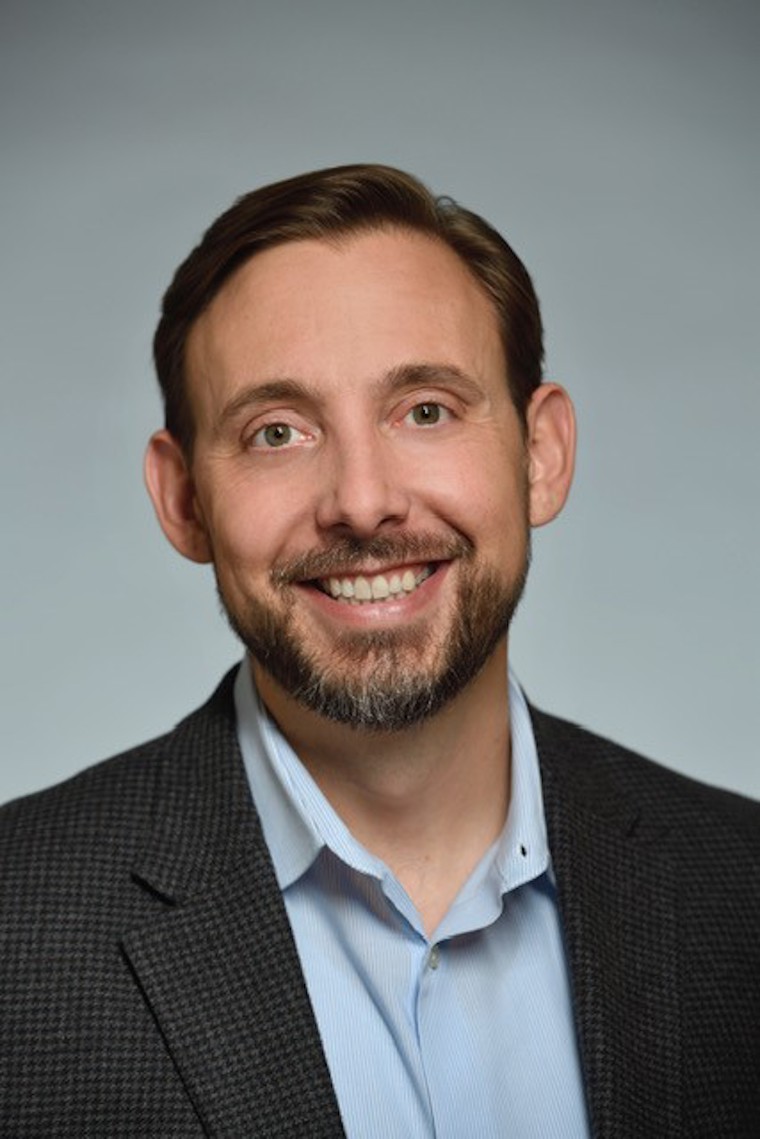One of the perennial draws of the ACGME’s Annual Educational Conference is the deep well of relevant, timely educational content that packs the schedule. The 2020 Conference is no exception, and will include four major plenaries after Friday morning’s address by ACGME President and CEO Thomas J. Nasca, MD. Each will be presented by outstanding national leaders, and will discuss critical issues at the forefront of the GME discussion right now. In fact, selecting among these four sessions may be your biggest conference challenge! (Don’t worry, we’ll be tweeting and sharing summaries from all four.) Here’s a preview of the “Big 4” plenaries to help you choose which to attend on site in San Diego (in less than two months!). All four sessions will take place from 10:00-11:15 a.m. on Friday, February 28.
Clinician Well-Being
SES001 addresses the critical issue of physician well-being. In her presentation, National Academies: Report to Improve Patient Care by Supporting Clinician Well-Being, Lotte Dyrbye, MD, MHPE will share information about an ad hoc committee under the auspices of the National Academies of Sciences, Engineering, and Medicine that examined the scientific evidence regarding the causes and consequences of clinician burnout, as well as potential mitigating strategies. The Committee on Systems Approaches to Improve Patient Care by Supporting Clinician Well-Being reviewed components of the clinical training and work environment that can affect professional well-being and the quality of care provided to patients. The report was released in the fall of 2018. Dr. Dyrbye, a committee member and co-author of the report, will review the conceptual framework developed by the committee, as well as recommendations for system-level change to support the professional well-being of clinicians and residents/fellows.
Dr. Dyrbye is a professor of medicine, professor of medical education, and consultant in the Division of Primary Care Internal Medicine at Mayo Clinic, in Rochester, Minnesota. She has published more than 100 peer-reviewed publications, received several awards for her work, and obtained 11 competitive research grants to support this work. Her research interests are focused on medical student, resident, and physician well-being and burnout.
Sexual Harassment
In SES002, Time’s Up Healthcare: Envisioning our Future Workforce, Esther Choo, MD, MPH will speak about the work of her organization to address “a broken system” of sexual and other discrimination in the health care industry. Sexual harassment is common in academic medical settings and has a profound impact on work and well-being. This session will help attendees understand the organizational factors that allow harassment to occur, identify frameworks for changing health care's approach to harassment and inequities of all kinds, and develop strategies for building a workplace and educational environment that reflects the honorable values of the field.
Dr. Choo is an associate professor in the Center for Policy and Research in Emergency Medicine at Oregon Health & Science University. She is a practicing physician and NIH-funded investigator, with expertise in drug policy, injury, and gender disparities in health care. She is co-founder of Equity Quotient, a company that provides metrics of health care culture, and a founding member and strategic lead for TIME'S UP Healthcare, an initiative of the TIME’S UP Foundation, which advocates for safety and equity in the health care workforce. Her published work on gender inequity and sexual harassment in health care includes pieces in the New England Journal of Medicine, JAMA Internal Medicine, The Lancet, The British Medical Journal, and Harvard Business Review.
Diversity and Inclusion
Diversity and inclusion are front and center issues for many industries today, and health care and medical education are no exception. SES003, Does Diversity Matter for Health? Beyond a Moral Obligation – Experimental Evidence, will focus the lens on this major issue affecting so many aspects of the medical field. Owen Garrick, MD, MBA will describe a thought-provoking and important study on the effect of physician workforce diversity on the demand for preventive care among African American men. In an experiment in Oakland, California, black men were randomized to black or non-black male medical doctors. They used a two-stage design, measuring decisions before (pre-consultation) and after (post-consultation) meeting their assigned doctor. Subjects selected a similar number of preventives in the pre-consultation stage, but were much more likely to select every preventive service, particularly invasive services, once meeting with a racially concordant doctor. The findings suggest black doctors could reduce the black-white male gap in cardiovascular mortality by 19 percent.
Dr. Garrick is President and CEO of Bridge Clinical Research (BCR), a global clinical research and health communications firm focused on drug development, scientific advancement, and patient engagement where he leads the Clinical Trials, Research Analytics, Health Services Research, and Healthcare Communications business units. He has helped launch multiple collaborative efforts in advancing precision medicine research, and he serves as an advisor to the Stanford Precision Health for Ethnic and Racial Equity Center (SPHERE), which is one of five NIH centers focused on precision-medicine tools to improve the health of underserved ethnic and racial groups. A nationally recognized leader in the field of research and research ethics, Dr. Garrick is a member of the National Genome Research Institute’s (NHGRI) Genomic Education of Healthcare Professionals Partnership.
The Opioid Crisis
SES004 focuses on the discussion surrounding the national opioid crisis. Drs. John Combes (ACGME), Diana Coffa (University of California San Francisco/San Francisco General Hospital), Wilson Compton (National Institute on Drug Abuse), and Travis N. Rieder will co-present Confronting the Opioid Crisis: Preparing the GME Community to Meet the Challenge, and address how the opioid crisis has led to an epidemic of suffering and death across the country. While the cause has been multifactorial, physicians, through their prescribing practices, have contributed to the toll. In response, the ACGME now requires that GME programs “provide instruction and experience in pain management if applicable for the specialty, including recognition of the signs of addiction.” This session will describe the scourge of prescription opioid addiction, including the difficulties of obtaining appropriate treatment, the current understanding of the science of addiction, and how one primary care program is preparing residents to confront the challenge.
Dr. Combes is ACGME Senior Vice President, Public Policy and External Relations who writes and speaks frequently on governance, physician issues, and quality, and lectures nationally and internationally on health care leadership. He is the retired chief medical officer and senior vice president of the American Hospital Association (AHA) and the former president of the Center for Healthcare Governance, an AHA affiliate organization. Dr. Coffa is the Director of the UCSF/SFGH family and community medicine residency program and a core faculty member in the UCSF primary care addiction medicine fellowship. In addition to building curricula about substance use disorders for undergraduate, graduate, fellowship, and faculty trainees, she has conducted research on educational strategies for addiction training. She co-authored the Substance Abuse and Mental Health Service's Administration's (SAMHSA) guidelines for treating opioid use disorder in medical settings, and served on SAMHSA expert panel for developing guidelines for treating pregnant and parenting people with OUD and their children. Dr. Compton is Deputy Director of the National Institute on Drug Abuse of the National Institutes of Health. Over his 25+ year career, Dr. Compton has authored more than 200 publications, primarily in the areas of drug abuse epidemiology, including widely cited papers on the opioid crisis; is an invited speaker at multiple high-impact venues, and has received multiple awards for his contributions. Dr. Rieder is a bioethicist, philosopher, and author, currently serving as Director of the Master of Bioethics degree program and as a research scholar at the Johns Hopkins Berman Institute of Bioethics. In recent years, virtually all of his attention has turned to the ethical and policy issues raised by pain, opioids, and America's problem with the two. His TED talk on opioid withdrawal and physician responsibility has been viewed well over two million times.
Have you registered for this year’s conference? Learn more about and register for these and other sessions online. Remember – Early Bird registration discounts end after tomorrow, January 3, and online registration closes January 31 – so register ASAP!
And let us know on Twitter and LinkedIn which sessions you’re most excited about—use the conference hashtag #ACGME2020! We’ll see you in San Diego!
















